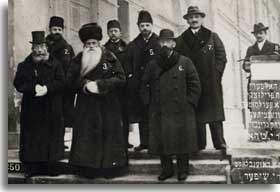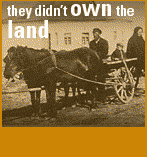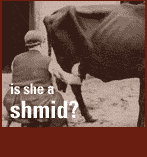

I. Eastern European Jewish Political Life Before and During World War I


Prior to World War I, the three largest empires in Eastern Europe were the Russian, German and Austro-Hungarian Empires. At that time, the majority of Eastern European Jews lived in the Russian and the Austro-Hungarian Empires.
...in the Russian Empire
During the late 19th and early 20th centuries, there was tremendous political unrest in the Russian Empire. While primarily this was directed against the regime, the Tsarist government did not hesitate to stir up anti-Jewish sentiment, and it allowed violent outbursts against the Jews as a means of distracting attention from larger systemic problems. Violent pogroms  erupted against the Jews, which resulted in mass death and destruction. Emigration was encouraged as a partial solution; a large number of Russian Jews fled to Western Europe, other parts of Eastern Europe, and to North and South America. In addition to the pogroms, there were other anti-Jewish policies, such as restrictions on Jewish employment and quotas
erupted against the Jews, which resulted in mass death and destruction. Emigration was encouraged as a partial solution; a large number of Russian Jews fled to Western Europe, other parts of Eastern Europe, and to North and South America. In addition to the pogroms, there were other anti-Jewish policies, such as restrictions on Jewish employment and quotas  on the number of Jews allowed in schools, universities, and certain professions.
on the number of Jews allowed in schools, universities, and certain professions.
Russian Jews suffered greatly during the World War I. They were mistrusted, and Hebrew and Yiddish newspapers were banned because of the suspicion they were being used for espionage. Jewish communities also were expelled from areas near the frontlines based on the belief that the Jews would sabotage Russian defenses. When the Russian Tsar was overthrown in 1917, emancipation was granted to the Jews by the new provisional government. However, any positive effect of emancipation was muted because Civil War (1918-1921), with its darker side, raged in the areas most populated by Jews.
...in the Austro-Hungarian Empire
Officially emancipated in 1867, Jews in the Austro-Hungarian Empire enjoyed more freedoms than their brethren in the Russian Empire. They were not subject to restrictions on education, residency or occupation. Nor were Jews subjected to government sponsored pogroms. However, there still were severe economic differences between Jews and non-Jews in different sections of the Empire, and among the Jews themselves. Although at the beginning of the 20th century, the Jews of Vienna, for example, were highly assimilated into the Viennese economy and socially acculturated, yet the Jews of Galicia largely were impoverished and segregated from their neighbors. Similarly, Jews in Budapest were largely integrated into Magyar (Hungarian) culture and the larger economy, while the Jews of rural Hungary lived much like their Orthodox brethren in Galicia.












